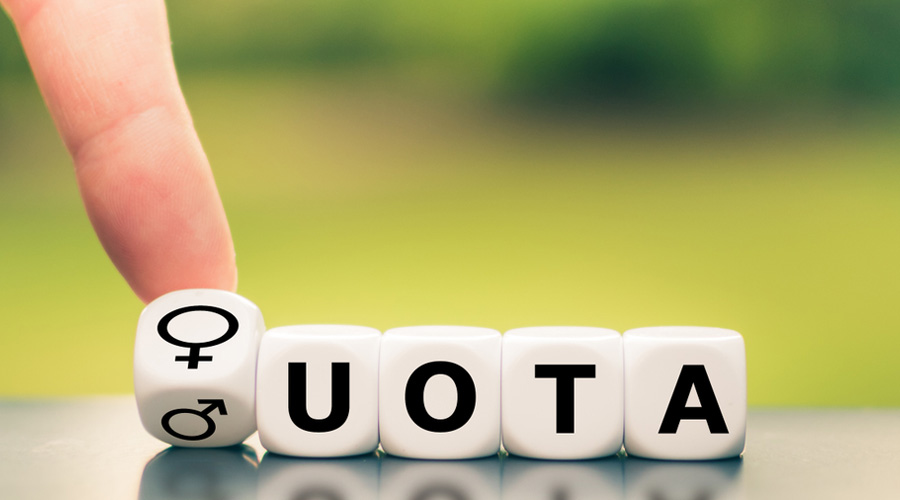There has grown a sense of limitless power among governments. The Karnataka government calmly withdrew the 4% reservation given to Muslims among other backward classes in the state and divided it between the powerful Lingayats and Vokkaligas at 2% each. It may or may not be relevant that the assembly elections are in May. The OBC-minority group was shifted to the economically weaker section quota which, presumably, it will share with Brahmins. One of the chief objections to the EWS quota was that it excluded all groups that received reservations, that is, it was meant for higher castes alone. The Karnataka government ignored every principle, including the need for discussions with stakeholders, before this major change. The Backward Classes Commission headed by the former apex court judge, O. Chinnappa Reddy, had, after meticulous surveys, concluded that Muslims in Karnataka were socially and educationally backward, apart from being poorly represented, and were therefore fit candidates for reservations. This was before the Sachar Committee report made the same findings for India. Even the Supreme Court reportedly found the Karnataka government’s action hasty, its grounds shaky and flawed.
The issue, though, is not just one of procedural glitches. The change should revive the discussion about the fundamental reason for reservations as presented in the Constitution. Those citizens whose backwardness is the result of historic injustice need a leg up. Such affirmative action is deployed in cases of social and educational backwardness — excluding the ‘creamy layer’ — that has led to poor representation in the different spheres of the country’s activity. The Constitution, by forbidding discrimination on the basis of religion, had appeared to make quotas possible only within the majority religion, but social and educational backwardness unrelated to religion among certain groups, as in Karnataka, did bring about quotas for Dalit-minorities. The principle behind such reservations is that behind all affirmative action — backwardness, not poverty, and poor representation. So the tussle — deliberations on granting reservation to Dalit Muslims and Christians continue — over it seems strange. The problem would appear to lie elsewhere, and it is a problem with the entire system of reservations. Politicians have increasingly used quotas to shore up their vote banks, turning reservations into one more electoral carrot. Shifting populations from one reservation box to another is possibly another manifestation of political intent, apart from being a display of the state government’s power. Both are equally sinister.











